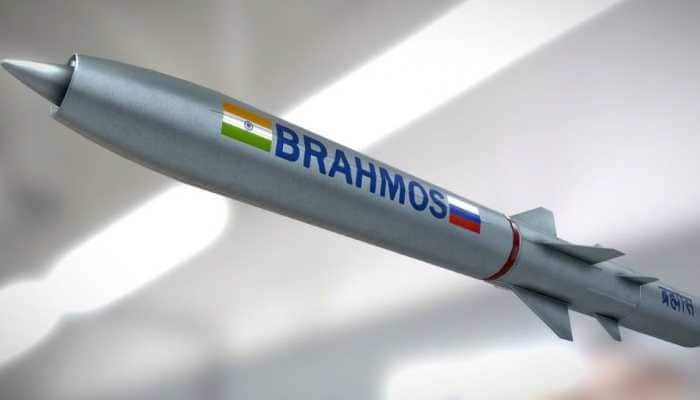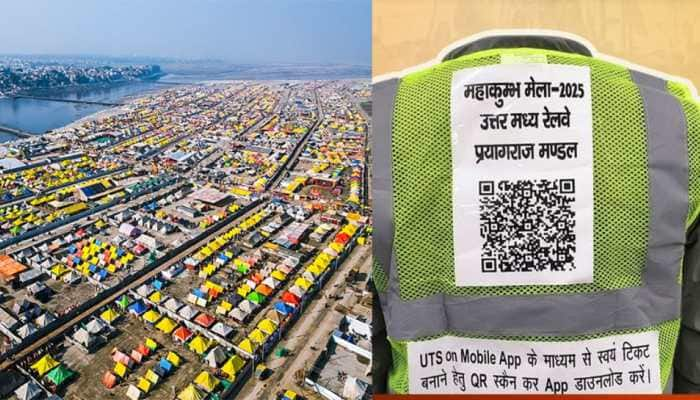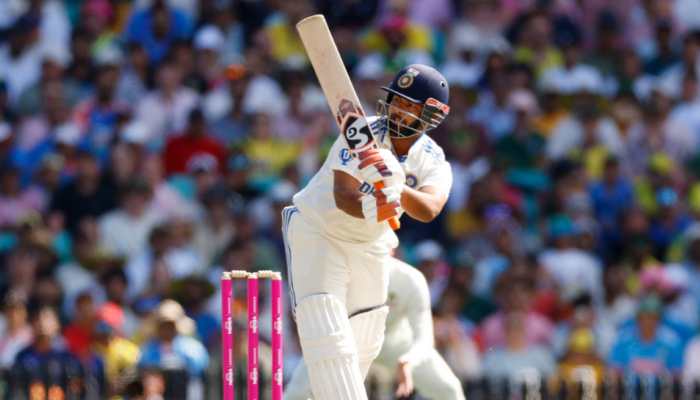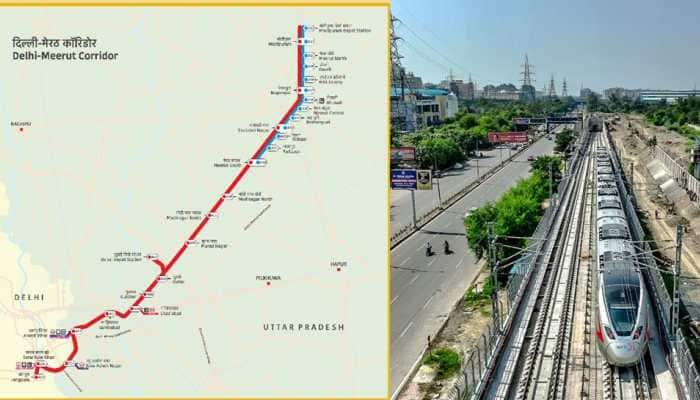Continuously preparing states, UTs and their infrastructure to deal with future COVID-19 resurgence, Centre tells SC
The Centre said that it is monitoring the COVID-19 situation throughout the country up to the district level on a daily basis.
- Centre on June 26 told SC that it is continuously preparing to deal with a future resurgence of COVID-19.
- It said that states and UTs have been cautioned to maintain a continuous vigil.
Trending Photos
) File Photo (PTI)
File Photo (PTI) New Delhi: Amid reports of the third wave of COVID-19 hitting India in the future, the Centre on Saturday (June 26, 2021) told the Supreme Court that it is continuously preparing the states and union territories, and their infrastructure to deal with a future resurgence of the virus.
In an affidavit filed in the top court, the Centre also stated that the possibility of a resurgence of COVID-19 would necessarily be 'speculative' at this stage.
"It is submitted that though the trajectory of the COVID-19 spread throughout the country is encouraging as of now, the central government is continuously preparing state governments/UTs, and their infrastructure to meet with any future resurgence," the affidavit said which was filed in the Supreme Court in the suo motu case on distribution of essential supplies and services during the pandemic.
"State governments/union territories (UTs) have been cautioned to maintain a continuous vigil and plan in advance for any exigencies that may arise due to resurgence of COVID-19 in their respective states," it added.
"However, the possibility of resurgence would depend on the behaviour pattern of the virus, behaviour of citizens as to whether they are following COVID appropriate behaviour or not," the affidavit read.
The Centre apprised the apex court that on May 29, ten empowered groups in the government of India were reconstituted, keeping such potential threat in mind, to facilitate inter-ministerial coordination and fast-track decision making on various facets of COVID-19 management.
"These include empowered groups on (i) emergency management plan and strategy, (ii) emergency response capabilities, (iii) augmenting human resources and capacity building, (iv) oxygen (v) vaccination, (vi) testing (vii) partnership (viii) information, communication and public engagement (ix) economic and welfare measures and (x) pandemic response and coordination," the affidavit said.
The Centre informed that it is in close and continuous collaboration with states and UTs, and is monitoring the COVID-19 situation throughout the country up to the district level on a daily basis.
The affidavit said that communications are regularly being sent to states on the current trajectory of coronavirus cases, need for adherence to the 'test-track-treat' policy for containment of outbreaks, need for adherence to COVID appropriate behaviour, vaccination and other related issues.
Near home COVID-19 vaccination centres for elderly, differently-abled
The Centre told the Supreme Court that under the national COVID-19 vaccination programme, it has devised a strategy to inoculate the elderly and the differently-abled, who may have been left behind because of the inability to travel to vaccination centres.
The Centre said that the strategy of Near to Home COVID Vaccination Centres (NHCVC) for the elderly and the differently-abled is flexible, people-centric and follows a community-based approach, where sessions can be conducted in non-health facility-based settings and are nearer to home, like in a community centre or residents welfare association, office, panchayat ghar, school buildings, old age homes, sub-health centres and health and wellness centres with the availability of adequate space.
Over 51 crore COVID-19 vaccine doses by July end
The Centre informed the Supreme Court that over 51 crore COVID-19 vaccine doses would be made available to states and UTs by July 31. The Central government said that there would be the availability of the vaccine to vaccinate the entire eligible population.
It stated that the biggest vaccination drive in history is going on in full swing, reaching even remotest areas of the country by a constructive and cooperative collaboration of the Central Government, State/UT Governments, local authorities, human resources in medical sectors and the citizens of the country.
COVID-19 vaccines for children
The Centre said that the Drugs Controller General of India on May 12 had permitted Bharat Biotech to conduct clinical trials of its vaccine Covaxin on volunteers between 2 to 18 years of age, and the enrolment process for this trial has also begun.
It informed the court that Zydus Cadila which is developing DNA vaccines has concluded its clinical trial for between the age group of 12 to 18 years of age and, subject to the statutory permissions, it may be available in near future for children of the age group of 12 to 18 years of age.
(With inputs from PTI)
Stay informed on all the latest news, real-time breaking news updates, and follow all the important headlines in india news and world News on Zee News.
Live Tv







)
)
)
)
)
)
)
)
)
)
